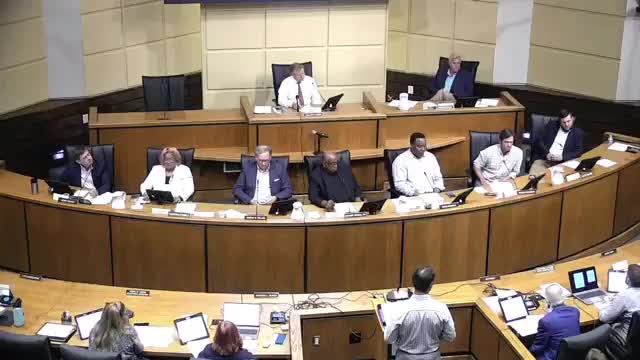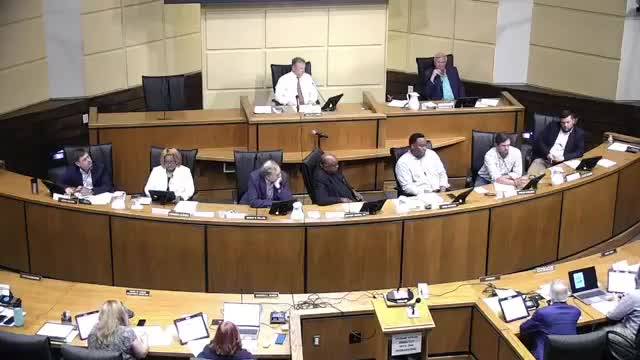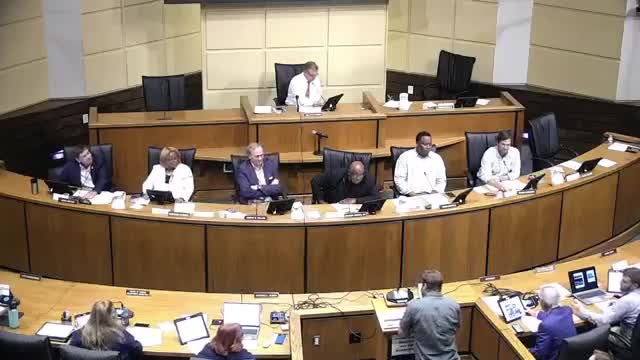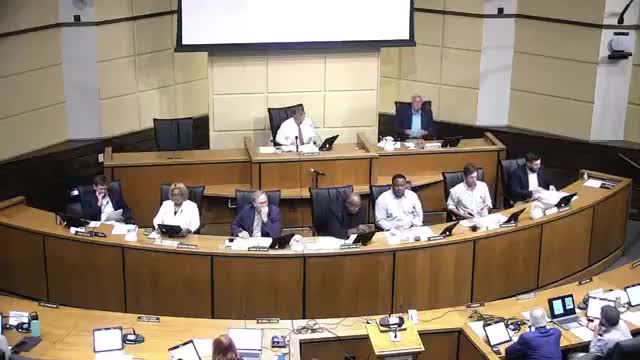Article not found
This article is no longer available. But don't worry—we've gathered other articles that discuss the same topic.

Board renews sign variance for Walmart at 685 Schillinger Road S. to match prior approval

Nonprofit’s thrift‑store variance approved for 2498 Government Blvd to support refugee resettlement programs

Board approves Midtown mural that includes Keesler Federal name, with condition to remove off‑premise business names

